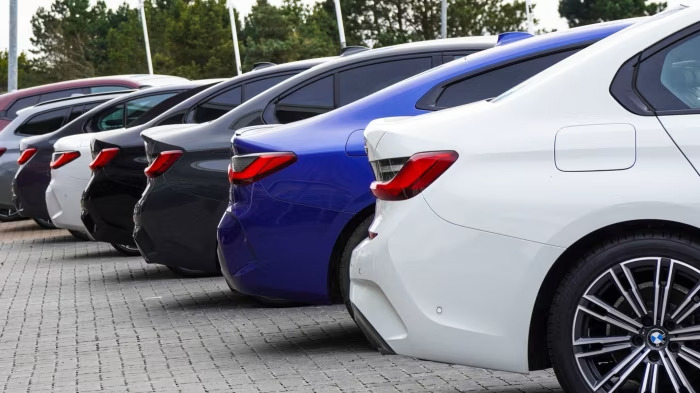The UK’s major banks are closely watching a case in the Supreme Court that could have significant financial implications for the motor finance industry in it;s entirety.
The case, which started on April 1, 2025, involves an appeal by British lender Close Brothers as well as South Africa’s FirstRand, who are seeking to overturn a Court of Appeal ruling that brokers must have customers’ fully informed consent before receiving commissions from lenders.
The landmark ruling which was from October 2024, said that lenders are liable if the commission paid to brokers is kept secret or if customers are not adequately informed about the commission structure.
As a matter of fact, this decision sent shockwaves through the car finance market, where more than 80% of new cars in the UK are bought on finance, and it subsequently impacted major banks such as Close Brothers, Banco Santander, Lloyds, and Barclays.
As it stands now, if the Supreme Court upholds the Court of Appeal’s decision, it could force banks to compensate consumers for undisclosed commissions, leading to billions of pounds in payouts.

The Financial Conduct Authority (FCA) is considering a potential industry-wide redress scheme, which could be similar in scale to the £40 billion paid out in the PPI (Payment Protection Insurance) mis-selling scandal.
Banks have already set aside significant sums to cover potential claims: Close Brothers and FirstRand have earmarked £165 million and £140 million respectively, while Lloyds, Santander UK, and Barclays have set aside much larger amounts.
Meanwhile, analysts suggest the overall cost to the industry could run into tens of billions of pounds, depending on how the Supreme Court rules.
The case is crucial not just for the motor finance industry, but potentially for any sector that involves credit arranged through brokers.
If the ruling extends beyond car finance, businesses across various sectors that rely on commission-based intermediaries could be impacted.
The Supreme Court’s decision is expected by the summer, although the wider implications of the case could delay the ruling.

